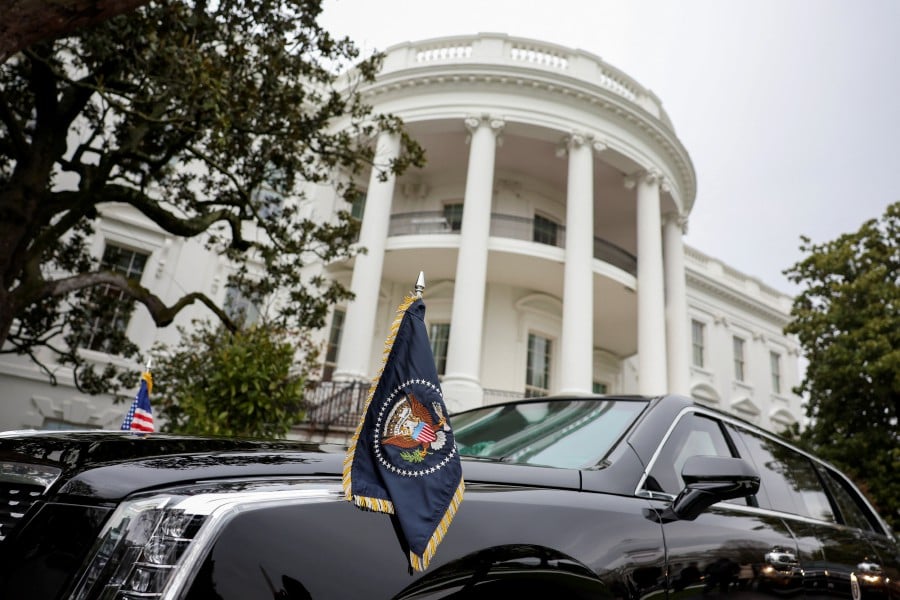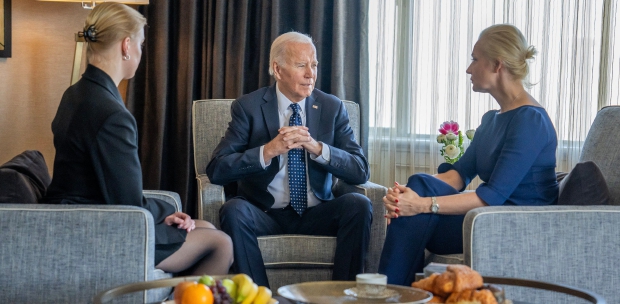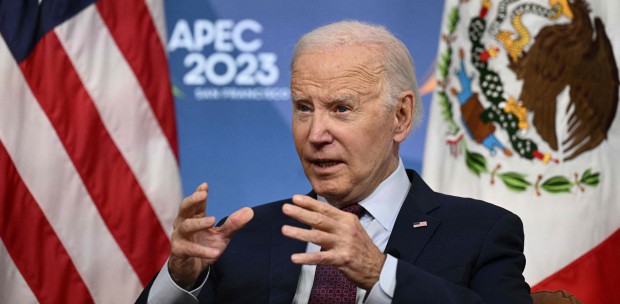AN international democracy summit was recently held in South Korea. This is an initiative of United States President Joe Biden. Unfortunately, it seems to highlight rather out-of-touch idealism on the part of Biden.
There was a time when the US was held up by itself as the so-called "beacon on the hill", shining hopeful flickers to people everywhere yearning for freedom, not least to pick their own leaders.
To be sure, such a beacon remains potent as hopes for freedom appear truly universal. People and countries can hardly dispute the idea of freedom. What they may disagree on may be on the best ways to attain freedom.
South Korea, for example, may be a more appropriate symbol of democracy today than the US.
It was only about the turn of the century that Korean democracy really took root. But authoritarian regimes before the flowering of Korean democracy laid the foundations without which democracy might not have taken sturdy roots as it has today.
The East Asian brand of democracy has been predicated on economic progress.
It shows that political progress need not be the precursor for economic progress. In fact, it may even be argued that economic progress is the prerequisite for nations to advance towards political liberalisation.
The US has, at best, accepted the East Asian model for national progress grudgingly. Only with China was it more explicitly accepted by the US that such a model works. China being such a huge country, it always held the potential to be the US' peer rival.
Still, then US president Bill Clinton rationalised accepting China into the World Trade Organisation (and with it opening the US market to Chinese exports) with the contention that as China progressed economically, political openess would follow.
The fly in the ointment, of course, is that despite China's meteoric economic rise, it shows no sign of political liberalisation.
China has advanced economically to the extent that some believe the Chinese economy has beaten the US economy to be the global No. 1, but Clinton's proposition about the inevitability of political progress has been stymied by Chinese President Xi Jinping who, if anything, shows he is ever more determined to clamp down on opposition and perpetuate the supremacy of the Chinese Communist Party.
The irony now is that, as some have noted, instead of China becoming more like the US, the opposite seems to be happening with the election of former President Donald Trump and his open admiration for the likes of Xi and Russian President Vladimir Putin.
So, it comes to pass that The Economist has now downgraded the US to a "flawed democracy". How the mighty democracy beacon has fallen!
It gives this writer no joy, only lament, over what now befalls the US. It is also true, as some analysts observed, that counting the US out may prove to be premature given its still many strengths.
The redeeming feature of the US is that it readily acknowledges its flaws.
That said, there are also many in the rest of the world who rather enjoy seeing this US comeuppance. It goes back to democracy or how the US seeks to promote it, such as through Biden's democracy pow wows.
Yes, American hypocrisy does not kill but it leaves a rather bad aftertaste in many mouths, particularly here in East Asia.
Worse, the damaging global effects of such hypocrisy open the way for US adversaries such as Russia and China to exploit them for advantage, so amply shown by global antipathies towards the West generally, and the US specifically, over such weighty issues as Ukraine and Gaza.
It is time the US sit back and recalibrate its self-anointed mission to promote global democracy.
The writer views developments in the nation, region and wider world from his vantage point in Kuching
The views expressed in this article are the author's own and do not necessarily reflect those of the New Straits Times






